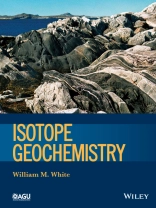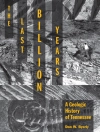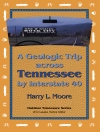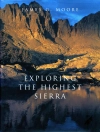This book provides a comprehensive introduction to radiogenic and
stable isotope geochemistry. Beginning with a brief overview of
nuclear physics and nuclear origins, it then reviews radioactive
decay schemes and their use in geochronology. A following chapter
covers the closely related techniques such as fission-track and
carbon-14 dating. Subsequent chapters cover nucleosynthetic
anomalies in meteorites and early solar system chronology and the
use of radiogenic isotopes in understanding the evolution of the
Earth’s mantle, crust, and oceans. Attention then turns to
stable isotopes and after reviewing the basic principles involved,
the book explores their use in topics as diverse as mantle
evolution, archeology and paleontology, ore formation, and,
particularly, paleoclimatology. A following chapter explores recent
developments including unconventional stable isotopes,
mass-independent fractionation, and isotopic
‘clumping’. The final chapter reviews the isotopic
variation in the noble gases, which result from both radioactive
decay and chemical fractionations.
Sobre el autor
William White teaches geochemistry as a Professor of earth and atmospheric sciences at Cornell University. He received a B.A. in geology from the University of California, Berkeley and a Ph D in oceanography from the University of Rhode Island. He is a Fellow of the Geochemical Society/European Association of Geochemistry and the AGU and has been named a highly cited author by ISI. He is the author of Geochemistry, also published by Wiley-Blackwell.











